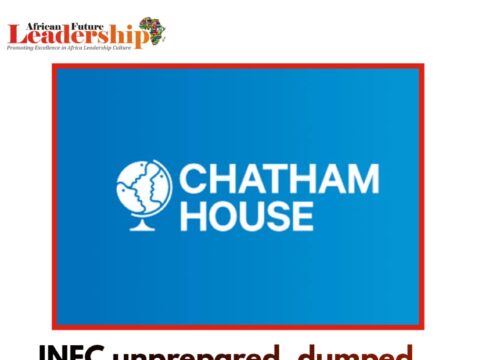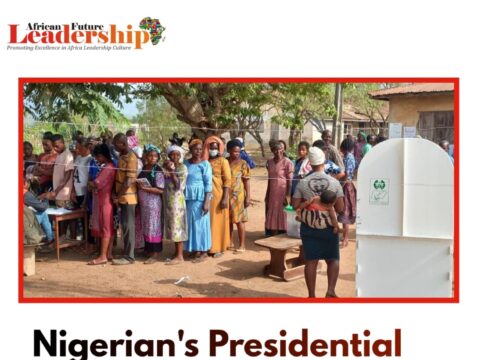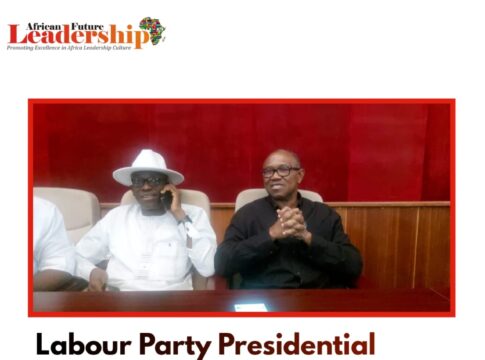Chatham House, an independent political research institute based in London, has published an analysis of the February 25 presidential and parliamentary elections in Nigeria.
The Independent National Electoral Commission (INEC) has declared Senator Bola Tinubu, the candidate of the ruling All Progressive Congress (APC) as the winner of the presidential election.
According to INEC, Tinubu won by 8.8 million votes. The main opposition People’s Democratic Party (PDP) presidential candidate, Atiku Abubakar, came in second with 6.9 million votes. Labour Party presidential candidate Peter Obi won 6.1 million votes.
However, Atiku and Obi have initiated proceedings to challenge the results at the presidential election tribunal.
READ MORE: Labour Party Now In The (National Assembly) 34 Rep, 6 Senators
Recall that Tinubu, Obi and Kwankwaso had presented their programmes at the Institute weeks to the presidential poll.
The Institute in its analysis said the electoral umpire has not learnt new lessons.
This was revealed by the Associate Fellow, Africa Programme, Dr. Leena Koni Hoffmann.
According to the analysis, INEC did not comply with its procedures, which it established before election.
Hoffman wrote, “The INEC’s performance and controversies over these results mean that the electoral reforms and lessons declared to have been learned were not fully applied and, as an electoral body, it was significantly less prepared than it claimed.
“The logistical failures of INEC and widespread delayed opening of polling units meant that voters who showed up at the polls early were frustrated, and many voters and INEC staff were not able to locate their polling units for several hours.”
The institute also stated that: “Less than half of eligible voters could participate in the elections, despite the commission’s N305 billion budgetary allocation. While Nigeria’s youth seemed energised leading up to the elections, it seems their ability to turn out is still being hugely constrained by how difficult and potentially dangerous it is to cast a vote in Nigeria.
“The INEC’s performance and controversies over these results mean that the electoral reforms and lessons declared to have been learned were not fully applied.
“At just 25.7 percent, the elections have the lowest recorded turnout of any election since Nigeria returned to democracy in 1999, despite being the most expensive. These dwindling numbers highlight how Nigeria’s politics and state institutions continue to exclude rather than include.”




